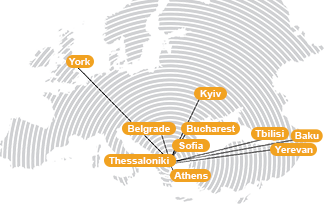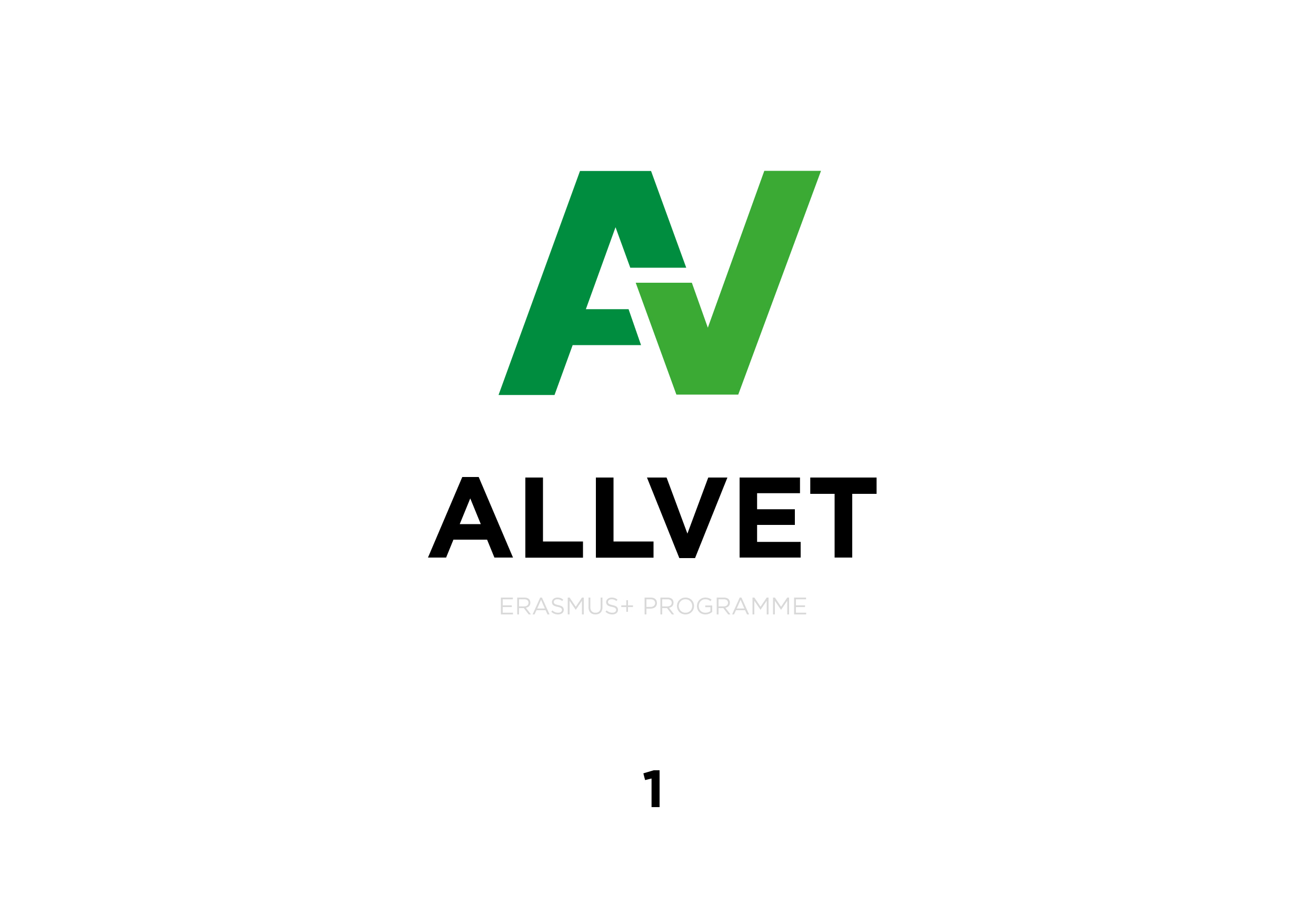ALLVET replies to the Erasmus+ EAC/A03/2018 General Call for proposals under Key Action 2: Cooperation for Innovation and the Exchange of Good Practices - Capacity Building in the Field of Higher Education. The actions under KA2 make it possible for organisations from different participating countries to work together, to develop, share and transfer best practices and innovative approaches in the fields of education, training and youth. The current project aims at contributing to the Bologna tools implementation through HE and VET alliance establishment. The overall objective of ALLVET is to promote development of vocational education through the implementation of the ECTS/TUNING METHODOLOGY for excellence in education.
TUNING Educational Structures in Europe started in 2000 as a project to link the political objectives of the Bologna Process and, at a later stage, the Lisbon Strategy to the higher educational sector. Over time, Tuning has developed into a Process, an approach to (re-) design, develop, implement, evaluate and enhance quality in first, second and third cycle degree programmes. The Tuning approach has been developed by and is meant for higher education institutions.
In this context and in line with Tuning Methodology, ALLVET has set the following specific objectives:
- Establish a long-term platform/network for HE and VET cooperation via transparent, national and international, educational standards and comparable learning tools and teaching standards implementation in accordance with Bologna criteria.
- Train an expert pool competent and capable of pedagogical ECTS/Tuning Modules design for university vocational teaching.
- Establish ALLVET web-space for raising awareness in strengthening the link between education and training and the labour market.
In other words, University staff from partner countries will train in-service vocational teachers on the implementation of Pedagogical ECTS/Tuning modular system while also a training course in English for Specific Purposes will be developed for the purposes of Quality Assurance. The beneficiary partner institutions/countries participating are the following: Don State University (Russia), Ogarev Mordovia State University (Russia), Bologna Club and Russian Register (Open Association of Russian Universities), Immanuel Kant Baltic Federal University (Kazakhstan), Narxoz University (Kazakhstan), Suleyman Demirel University (Kazakhstan) and International University of Information Technologies (Kazakhstan). The expected outcomes of the project will facilitate social problem solving of the above regions based on the professional training of staff, especially retraining, pre-training and gaining additional educational insights at an international, national, institutional, individual and regional level.






